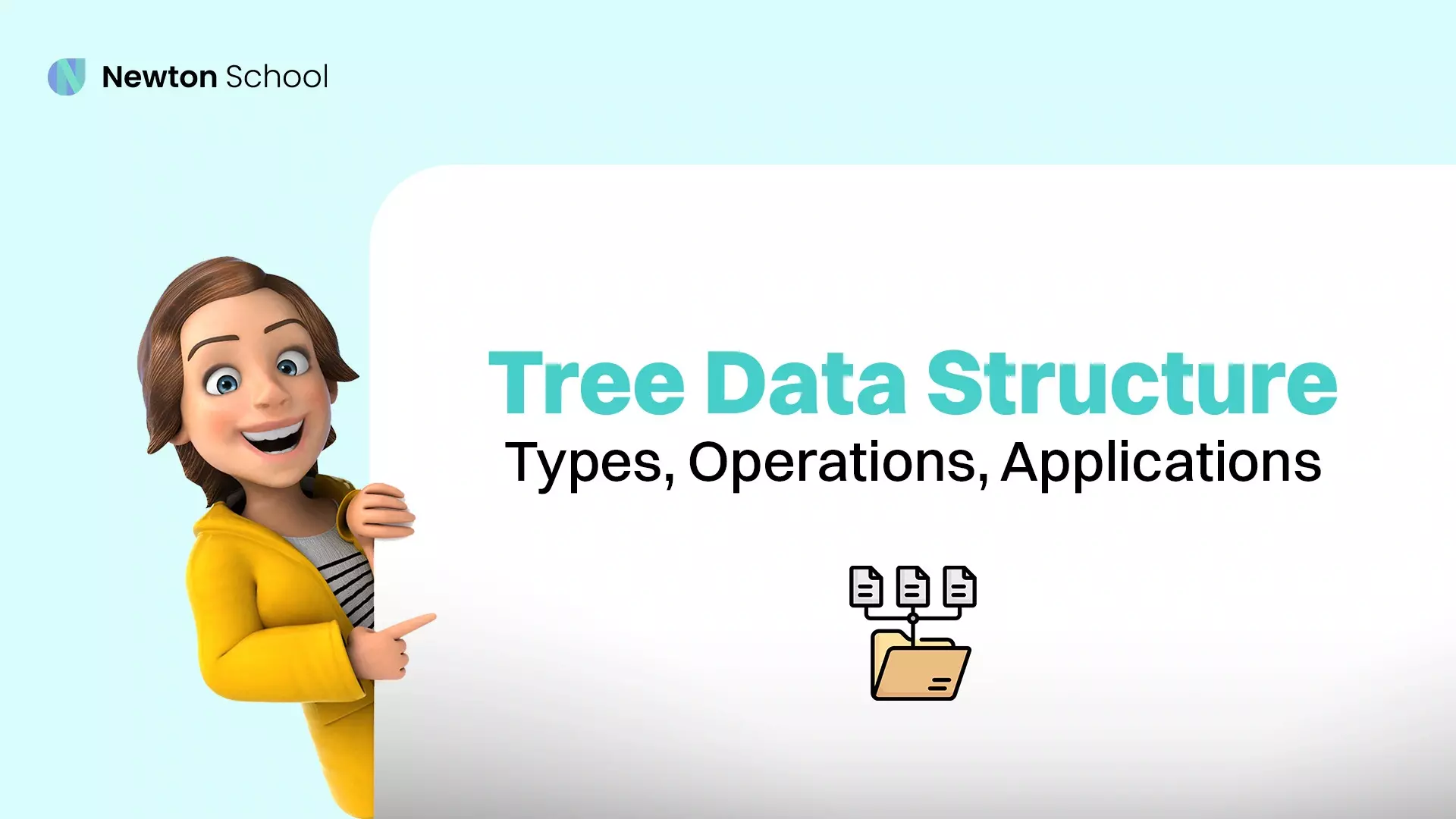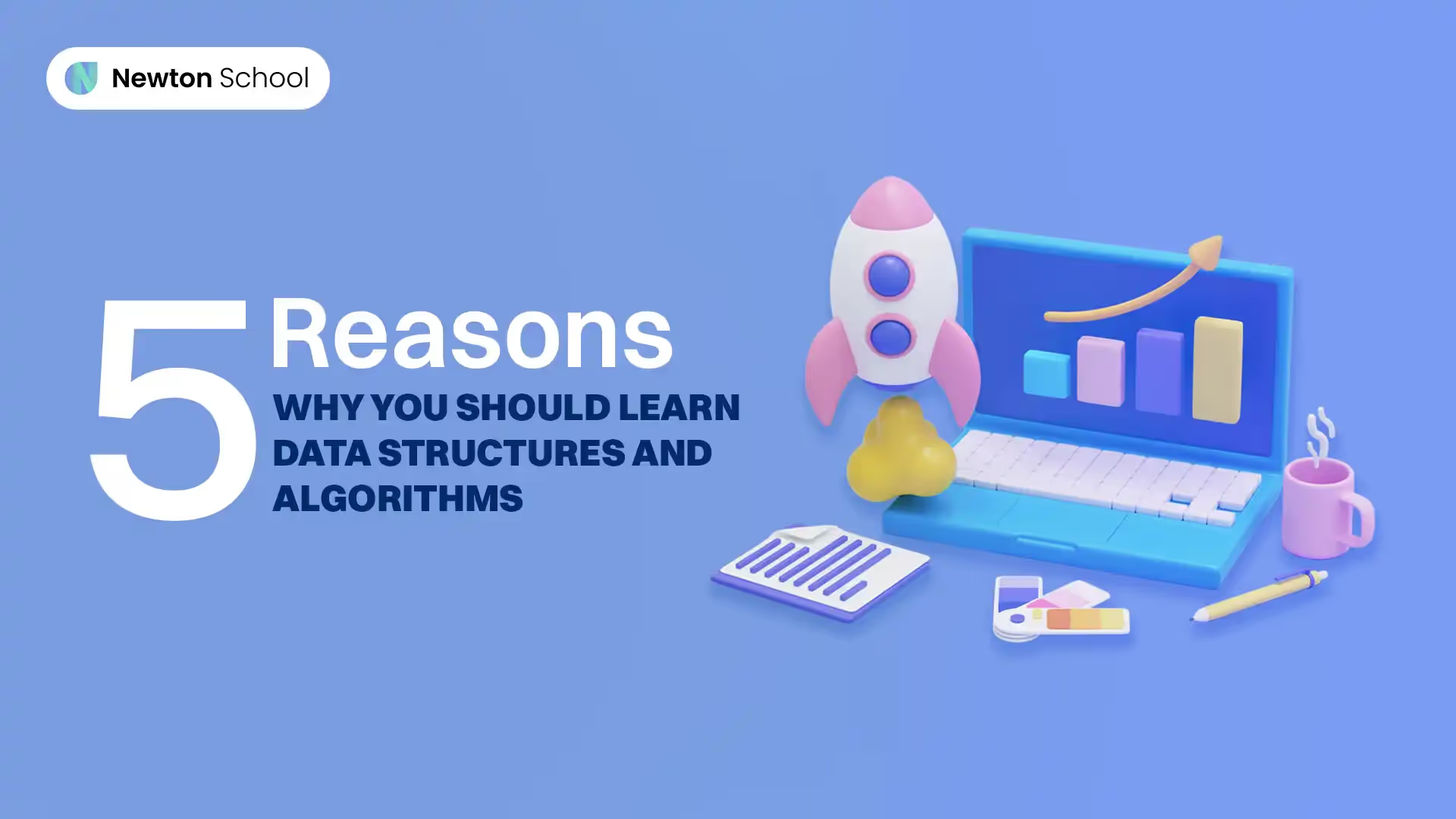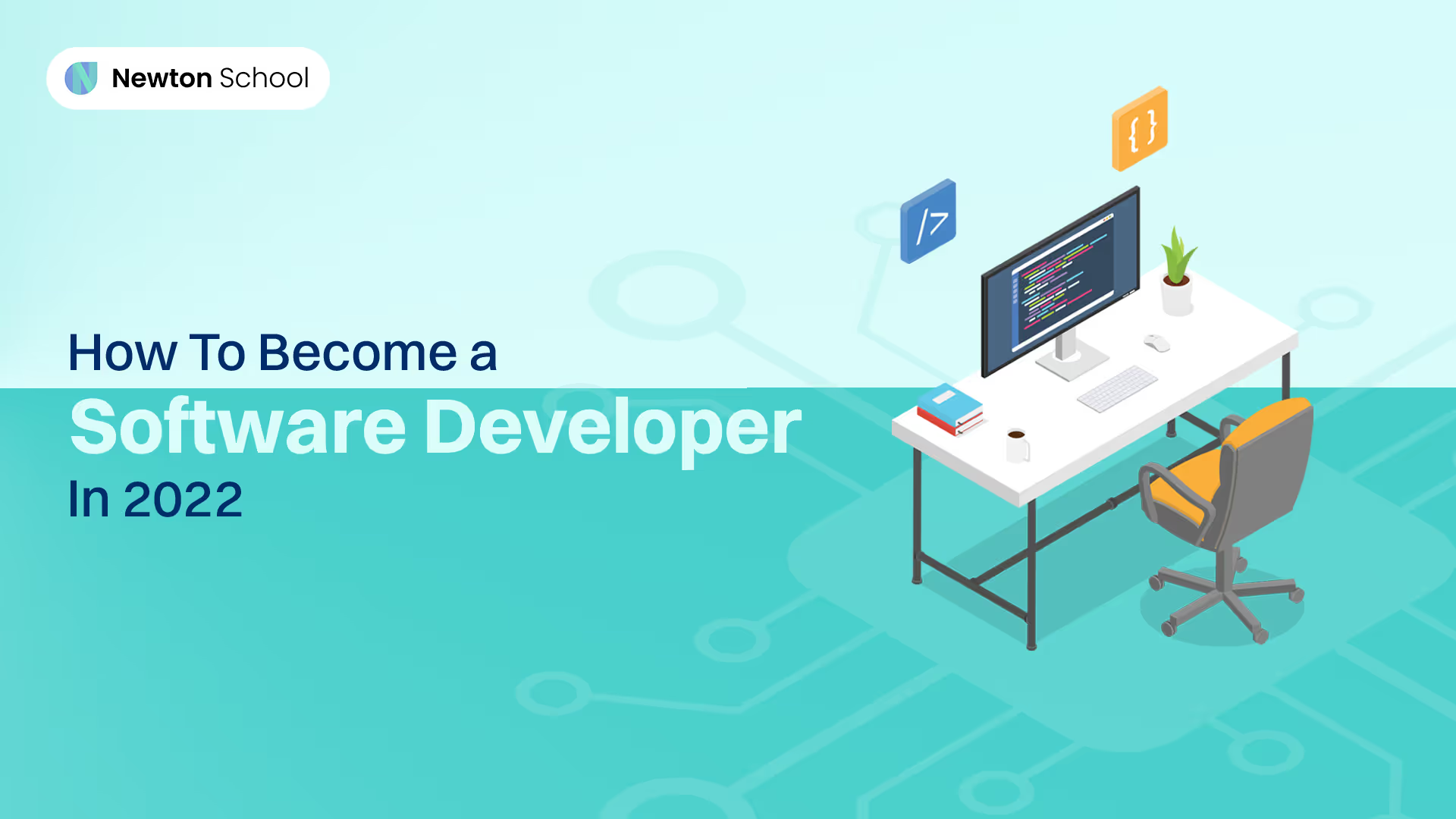

Back-end web development, which connects the internet to databases and manages end user digital connections, is the driving power behind the web. Back-end developers, skilled in development languages, databases, servers and APIs, are highly sought-after employees. Their work is essential and mandatory for any business or industry relying on tech and software. A backend developer is always sought after by companies, so, if you are applying for the post of a backend developer, make sure you ace the interview.
Employers usually divide the questions to be asked in three categories. These include- 1. Aptitude 2. Technical domain and 3. Work and Experience or Cultural FitnessBefore the interview for a back-end developer position, a candidate needs to review development basics and constantly practice these commonly asked interview questions.
General Questions
These questions are termed as basics and will only be asked to get an educational background check of the candidate. The following questions are common ice-breakers in any web development interview:
- How did you get into coding? What's your greatest strength as a coder?
- How do you stay current with latest development trends?
- Have you received any kind of prior professional full time or internship experience?
- Which computer language are you most comfortable in?
Experience and background related questions
These questions about your work experience are the types of inquiries an employer may pose to assess your working styles and preferences and to evaluate your previous experience. The employer wants to get a testament to your knowledge and whether you’re capable of working in a team or even able to handle company or group projects. This section will mainly comprise the questions related to your academic projects, work experience and an account of your soft skills.
This section is more important than the earlier two and it will determine whether or not you will be a good fit for the company. The employer will access your skills and your communication and soft skills. Because of this, while answering any question from this section, it is imperative that you make the conversation engaging and interactive. Make it seem like a group discussion. Engage your employer and prove yourself to be an efficient team member.
A backend developer is an integral part of the tech industry, thus, employers always look for vibrant, talented candidates with excellent tech skills.
Practical implementation
Besides the theoretical part of tech, the interviewer might also focus on the applications. This includes, making a potential candidate to pick the programming language they are most comfortable with, be it C++, Java, C programming language and ask you to solve a simple problem, e.g. doing some work with a string or a doubly linked list, linked list implementation, sorting etc. This part will not only demonstrate your tech skills on the spot, but will also be a testament of your problem solving ability.
Technical domain expertise questions
Once the introductory part is over, the focus is shifted to the technical round. Companies now prefer a Technical round where the candidate is assessed on their problem solving skill. A live logic based coding round helps the interviewer to ascertain the same. Watch our Live Mock Interview for Microsoft here:
Apart from the logic based problem solving session, the technical round basically comprises of questions like the ones mentioned below:
1. What are the seven layers in the OSI system model?
Answer: Network-specific questions like this require direct factual answers. Interviewers use them to gauge your basic knowledge of network terms and processes. These questions give you the chance to exhibit both theoretical and practical knowledge.
2. What is a reverse proxy?
Answer: Interviewers ask questions like this to give you an opening to expand on related topics and go beyond answering just the question posed. If you know and can explain a reverse proxy, you also can talk about its opposite: the forward proxy.
3. What's the difference between threads and processes?
Answer: Interviewers ask foundational knowledge questions like this to check your specific competence. Use questions like these as an opportunity to show you have a practical understanding of key back-end terms.
4. What steps would you take to use mysqldump to restore MySQL?
Answer: Expect interviewers to include some language-specific questions to spot check your coding skills. Answer in simple terms, outlining your approach to the programming question. If interviewers want technical specifics, they will usually ask for them.
5. Define and explain these nine server response error codes: 200, 201, 204, 301, 400, 401, 404, 409 and 500.
Answer: Your interviewer will typically ask this when they want to know the depth of your error knowledge. Address each part in order, explaining what the code means and what caused the error.
5. What Is CAP Theorem?
Answer: The CAP Theorem for distributed computing was published by Eric Brewer. This states that it is not possible for a distributed computer system to simultaneously provide all three of the following guarantees:
- Consistency (all nodes see the same data even at the same time with concurrent updates )
- Availability (a guarantee that every request receives a response about whether it was successful or failed)
- Partition tolerance (the system continues to operate despite arbitrary message loss or failure of part of the system)
The CAP acronym corresponds to these three guarantees. This theorem has created the base for modern distributed computing approaches. World's most high volume traffic companies (e.g. Amazon, Google, Facebook) use this as a basis for deciding their application architecture. It's important to understand that only two of these three conditions can be guaranteed to be met by a system.
6. What is SQL injection?
Answer: Injection attacks stem from a lack of strict separation between program instructions (i.e., code) and user-provided (or external) input. This allows an attacker to inject malicious code into a data snippet.
SQL injection is one of the most common types of injection attack. To carry it out, an attacker provides malicious SQL statements through the application.
How to prevent:
- Prepared statements with parameterized queries
- Stored procedures
- Input validation - blacklist validation and whitelist validation
Principle of least privilege -
Application accounts shouldn’t assign DBA or admin type access onto the database server. This ensures that if an application is compromised, an attacker won’t have the rights to the database through the compromised application.
7. What are the advantages of Web Services?
Answer: Some of the advantages of web services are:
Interoperability: Web services are accessible over the network and run on HTTP/SOAP protocol and use XML/JSON to transport data, hence it can be developed in any programming language. Web service can be written in java programming and clients can be PHP and vice versa.
Reusability: One web service can be used by many client applications at the same time.
Loose Coupling: Web services client code is totally independent with server code, so we have achieved loose coupling in our application.
Easy to deploy and integrate, just like web applications.
Multiple service versions can be running at same time.
8. Explain the architectural style for creating web API?
Answer: The architectural style for creating web API are:
1.HTTP for client server communication
2.XML/JSON as formatting language
3.Simple URI as the address for the services
4.Stateless communication
Go on, ace your interview now or simply learn more with newtonschool.co


























.avif)

